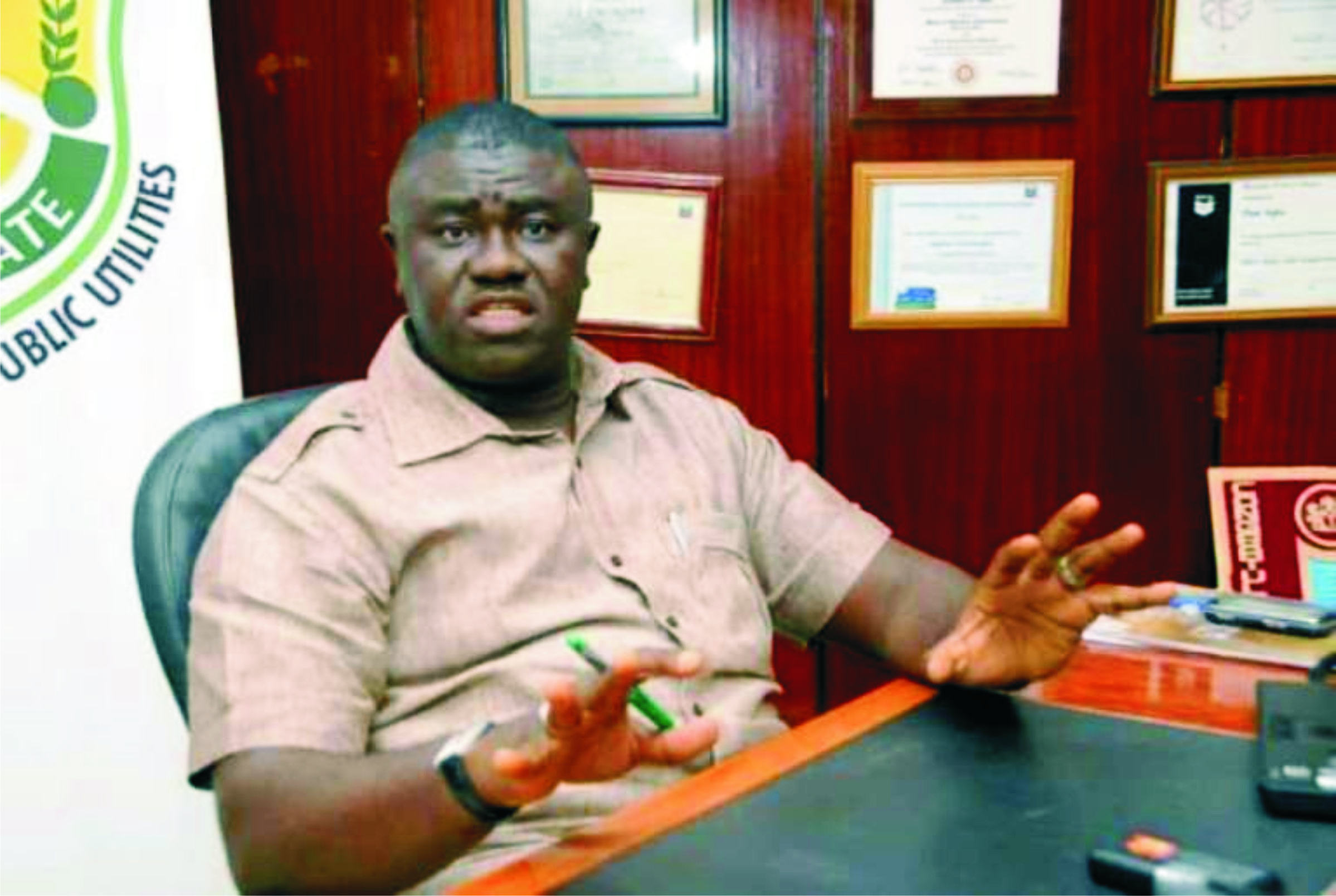Business
FG To Inaugurate Committee For New Economic Plan

The Minister of State for Budget and National Planning, Clem Agba, has said that the Federal Government will inaugurate a committee for the new economic plan next month.
Agba stated this during a familiarisation visit of the Centre for Management Development centres in Abuja and Lagos, a parastatal under his ministry.
The minister, according to a statement from the ministry, expressed hope of an improved economy in the new development plan which his ministry has already started the development process.
He said a new economic blueprint for the country was imperative following the winding down of the Economic Recovery and Growth Plan this year.
The ERGP which is government’s economic blueprint for 2017-2020 has the broad objectives of restoring growth, investing in the people and building a globally competitive economy.
It was developed through a rigorous process involving wide consultations and intensive engagements with relevant stakeholders.
The ERGP aims to address the country’s economic challenges and lays the foundation for economic diversification and growth.
The core vision of the plan is one of sustained, inclusive and diversified growth. The initiatives of the Plan are directed at attaining structural economic transformation.
The new economic blueprint would cover a ten year period with a five-year rolling plan
On the ERGP, which is coming to a close this year, Agba explained that its review is currently ongoing to ascertain what has worked well and what did not.
He said, “It (new plan) has to go beyond the ERGP, we are looking at very old plans that we have had before.
“We are already asking the MDAs to review their sector plans and we are currently receiving them with a view to consolidating them and giving them to the technical working committee to work on.”
The minister expressed disappointment about the level of infrastructural decay at the CMD and assured of government’s support in rehabilitating the centre.
“We have to do all that we can to change the narrative, because lamentation will not help. We have to start taking those steps gradually,” he added.
He described the deficit in the agency’s infrastructure and staff capacity gaps as a hindrance to achieving its set goals
Business
Kenyan Runners Dominate Berlin Marathons
Kenya made it a clean sweep at the Berlin Marathon with Sabastian Sawe winning the men’s race and Rosemary Wanjiru triumphing in the women’s.
Sawe finished in two hours, two minutes and 16 seconds to make it three wins in his first three marathons.
The 30-year-old, who was victorious at this year’s London Marathon, set a sizzling pace as he left the field behind and ran much of the race surrounded only by his pacesetters.
Japan’s Akasaki Akira came second after a powerful latter half of the race, finishing almost four minutes behind Sawe, while Ethiopia’s Chimdessa Debele followed in third.
“I did my best and I am happy for this performance,” said Sawe.
“I am so happy for this year. I felt well but you cannot change the weather. Next year will be better.”
Sawe had Kelvin Kiptum’s 2023 world record of 2:00:35 in his sights when he reached halfway in 1:00:12, but faded towards the end.
In the women’s race, Wanjiru sped away from the lead pack after 25 kilometers before finishing in 2:21:05.
Ethiopia’s Dera Dida followed three seconds behind Wanjiru, with Azmera Gebru, also of Ethiopia, coming third in 2:21:29.
Wanjiru’s time was 12 minutes slower than compatriot Ruth Chepng’etich’s world record of 2:09:56, which she set in Chicago in 2024.
Business
NIS Ends Decentralised Passport Production After 62 Years
Business
FG To Roll Out Digital Public Infrastructure, Data Exchange, Next Year
-
Maritime2 days ago
Minister Tasks Academy On Thorough-Bred Professionals
-
Maritime2 days ago
Customs Cautions On Delayed Clearance, Says Consignees May Lose Cargo
-
Maritime2 days ago
NCS Sensitises Stakeholders On Automated Overtime Cargo Clearance System
-
Maritime2 days ago
Lagos Ready For International Boat Race–LASWA
-
Maritime2 days ago
Shoprite Nigeria Gets New Funding to Boost Growth, Retail Turnaround
-
Politics2 days ago
I Would Have Gotten Third Term If I Wanted – Obasanjo
-
Sports2 days ago
Bournemouth, Newcastle Share Points
-
Sports2 days ago
Iwobi Stars As Fulham Overcome Brentford

